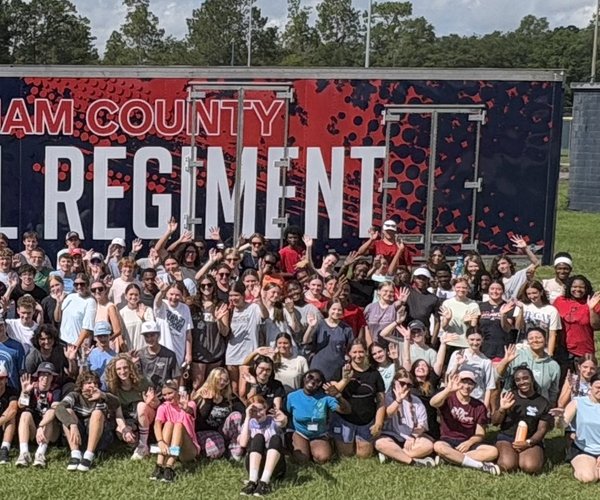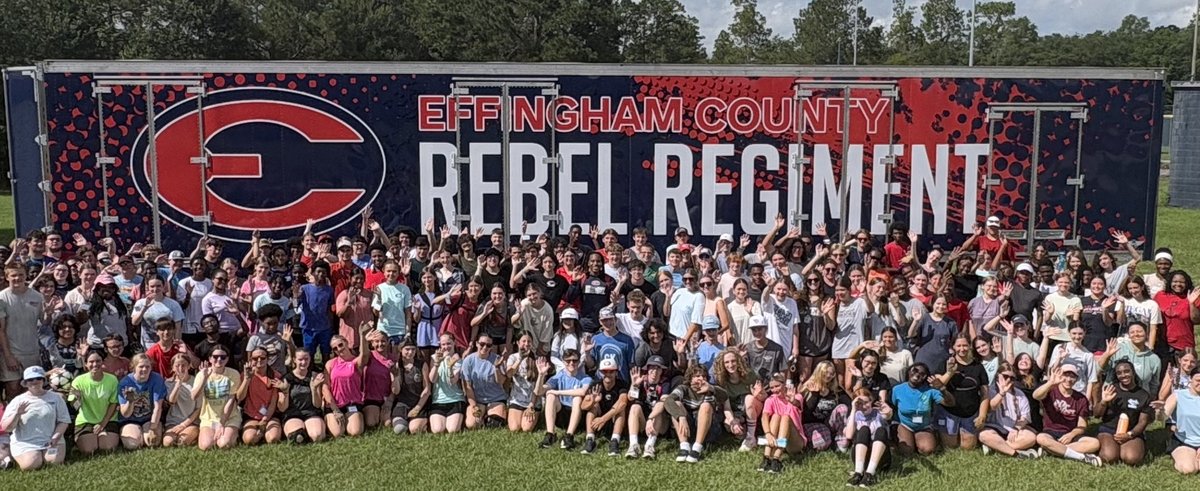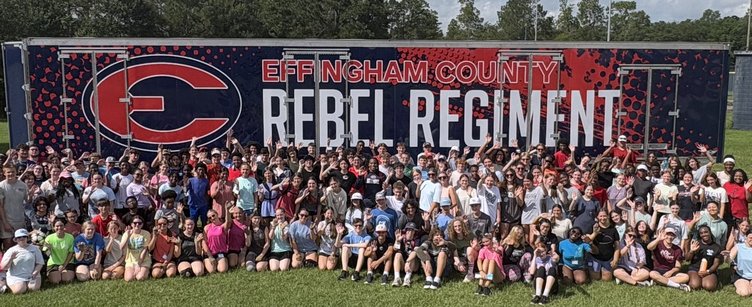The city of Rincon may be a step closer to a long-desired permit for its lower Floridan well, a well that can’t be used without the state’s blessing.
The city met with Carter and Sloope consulting engineers for a briefing on their progress in being able to satisfy the state that their well is, in fact, within the Lower Aquifer and not simply a different part of the commonly used upper Floridan aquifer.
In 2007, state geologist Dr. Jim Kennedy told a group, including Rincon, Richmond Hill, Consolidated Utilities and Carter and Sloope, that if a published document was prepared and peer reviewed, that he would then accept their definition of the top of the Lower Floridan Aquifer, the bottom of the Upper Floridan Aquifer and their separation with a confining layer.
In a meeting with Rincon City Council, Carter and Sloope’s Harold Gill announced that their research had been accepted and taken on as a project by the U.S. Geological Survey and that they would publish the information.
“That’s as good as it gets,” Gill said.
He said that with the credibility of a report from such a highly regarded government agency, he could not see why a permit for the well would not be forthcoming from the state. In fact, Gill met last October with Dr. Kennedy to discuss the Coastal Ground Water Report and at that time, Dr. Kennedy said that when it was approved for publication by the USGS, he would then use it as the new standard.
Your well is clearly a lower Floridan well – no question about it,” Gill said. “If Jim Kennedy is a man of his word, that well is permittable.”
Ronald Kolat with Carter and Sloope said when Rincon dug its well, it was done under the tenure of a previous state geologist who recognized the Lower Floridan aquifer. But when Dr. Kennedy took over, he did not recognize the separating or “confining” layer between the two aquifers. Permitting was slowed by legal problems with the state Environmental Protection Division’s consent order.
One welcome piece of news for Rincon that came out in the meeting was that Hunter Army Air Field also had dug a well into the lower Floridan, and it had been permitted. The engineers thought this would bode extremely well for the city of Rincon.
If the state does grant Rincon a permit to draw from this well, it would add to the mix of water sources the city has available, including surface water and water already permitted from the Upper Floridan.
Once permitted, an entire pumping complex would have to be constructed and the preliminary cost submitted by the engineering firm was put at $1.43 million.
The project would include installing a well pump, pump building, elevated storage tank, water transmission lines, along with all of the other things necessary to tie in to the city water system.








